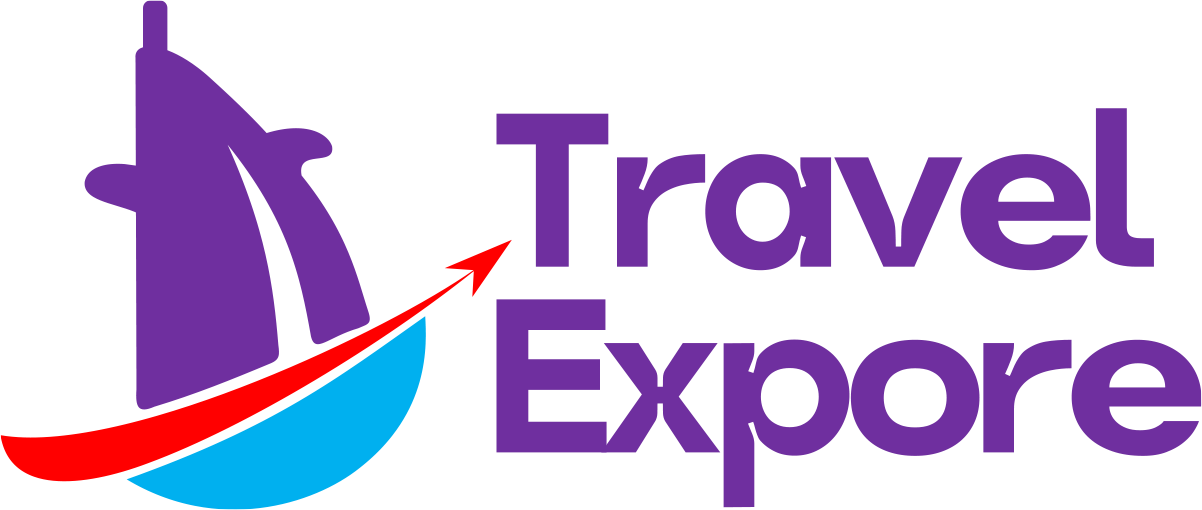Italy, with its rich history, stunning landscapes, and vibrant culture, has become a sought-after destination for digital nomads. The country’s recent introduction of the Digital Nomad Visa offers a unique opportunity to live and work remotely in this Mediterranean paradise.
Understanding the Visa
The Digital Nomad Visa allows non-EU citizens to legally reside and work remotely in Italy. To qualify, you musItaly, with its rich history, stunning landscapes, and vibrant culture, has become a sought-after destination for digital nomads. The country’s recent introduction of the Digital Nomad Visa offers a unique opportunity to live and work remotely in this Mediterranean paradise.
The Digital Nomad Visa allows non-EU citizens to legally reside and work remotely in Italy. To qualify, you must:
- Be a skilled professional: Meet specific criteria based on education, experience, or regulated profession.
- Have a minimum annual income: Earn at least €28,000.
- Have health insurance: Maintain comprehensive coverage.
- Have accommodation: Provide proof of housing.
- Have work experience: Demonstrate at least six months of relevant experience.
Application Process
- Gather documents: Collect your passport, proof of income, health insurance, accommodation, work experience, and criminal record.
- Schedule an appointment: Contact the nearest Italian consulate to book an in-person meeting.
- Submit application: Attend your appointment and submit required documents and fees.
- Await approval: Processing times can vary.
Residence Permit
Upon arrival, you must apply for a residence permit within eight days. This permit allows you to live and work in Italy for one year, renewable annually.
Taxation
As a tax resident, you’ll be subject to Italian taxes on your worldwide income. Understanding the tax implications, including the Regime Forfettario and New Residents Regime, is crucial.
Challenges and Considerations
- Bureaucracy: Be prepared for the Italian bureaucracy, which can be time-consuming and complex.
- Language: While English is widely spoken in tourist areas, learning Italian can enhance your experience.
- Cost of living: While Italy offers a relatively affordable cost of living compared to some other European countries, prices can vary depending on the region.
Conclusion
Italy’s Digital Nomad Visa offers a unique opportunity to experience the Italian lifestyle while pursuing your remote work goals. By understanding the requirements, navigating the bureaucracy, and planning carefully, you can successfully make Italy your home as a digital nomad.
- Be a skilled professional: Meet specific criteria based on education, experience, or regulated profession.
- Have a minimum annual income: Earn at least €28,000.
- Have health insurance: Maintain comprehensive coverage.
- Have accommodation: Provide proof of housing.
- Have work experience: Demonstrate at least six months of relevant experience.
Application Process
- Gather documents: Collect your passport, proof of income, health insurance, accommodation, work experience, and criminal record.
- Schedule an appointment: Contact the nearest Italian consulate to book an in-person meeting.
- Submit application: Attend your appointment and submit required documents and fees.
- Await approval: Processing times can vary.
Residence Permit
Upon arrival, you must apply for a residence permit within eight days. This permit allows you to live and work in Italy for one year, renewable annually.
Taxation
As a tax resident, you’ll be subject to Italian taxes on your worldwide income. Understanding the tax implications, including the Regime Forfettario and New Residents Regime, is crucial.
Challenges and Considerations
- Bureaucracy: Be prepared for the Italian bureaucracy, which can be time-consuming and complex.
- Language: While English is widely spoken in tourist areas, learning Italian can enhance your experience.
- Cost of living: While Italy offers a relatively affordable cost of living compared to some other European countries, prices can vary depending on the region.
Conclusion
Italy’s Digital Nomad Visa offers a unique opportunity to experience the Italian lifestyle while pursuing your remote work goals. By understanding the requirements, navigating the bureaucracy, and planning carefully, you can successfully make Italy your home as a digital nomad.





